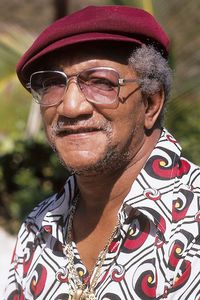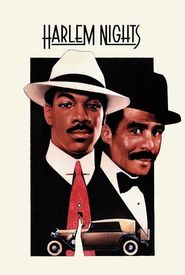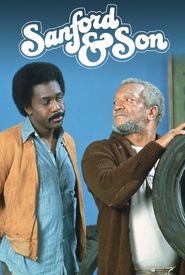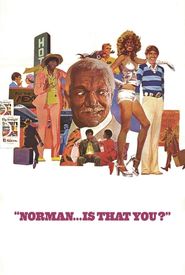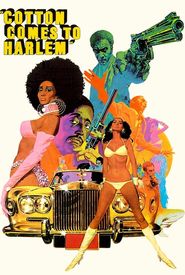Redd Foxx, a renowned comedian, began his career in the 1940s and 1950s on the infamous "Chitlin' Circuit", performing blue humor, a type of comedy considered too explicit for white audiences. His party albums were initially not available in white record stores, but later became accessible, leading to minor comedy work on popular variety shows.
In the 1960s, Foxx developed a fanbase, which increased his notoriety, and he eventually received his own television series, Sanford and Son, in 1972. The show, a reworking of the British sitcom Steptoe and Son, featured Foxx as Fred Sanford, a cranky old man who ran a junkyard in Watts, Los Angeles, with his son Lamont.
The show broke down racial stereotypes and was a huge success, making Foxx and the show household names. However, Foxx's battles with the writers and producers over the lack of representation of the black experience and the absence of black writers and producers led to artistic decline, despite maintaining high ratings.
Foxx left the show in 1977 to pursue his dream of a variety show on ABC, which unfortunately lasted less than a year. He also starred in the controversial film Norman... Is That You? (1976). In the early 1980s, Foxx's troubles with the law and the Internal Revenue Service hindered his career, and he struggled with his next project, The Redd Foxx Show (1986),on ABC.
However, Foxx found success in the late 1980s, starring alongside Richard Pryor and Eddie Murphy in the popular film Harlem Nights (1989). He also starred in the TV movie Ghost of a Chance (1987),with Dick Van Dyke. Foxx's influence on younger comedians, including Murphy and Pryor, was undeniable, and he seemed to be finding success again with The Royal Family (1991).
Tragically, Foxx's life was cut short when he collapsed during rehearsals for an episode of The Royal Family and passed away in October 1991. Despite his untimely death, Redd Foxx's legacy as a pioneering comedian who helped break down racial barriers in the entertainment industry remains strong, and his influence continues to be felt by generations of comedians.
